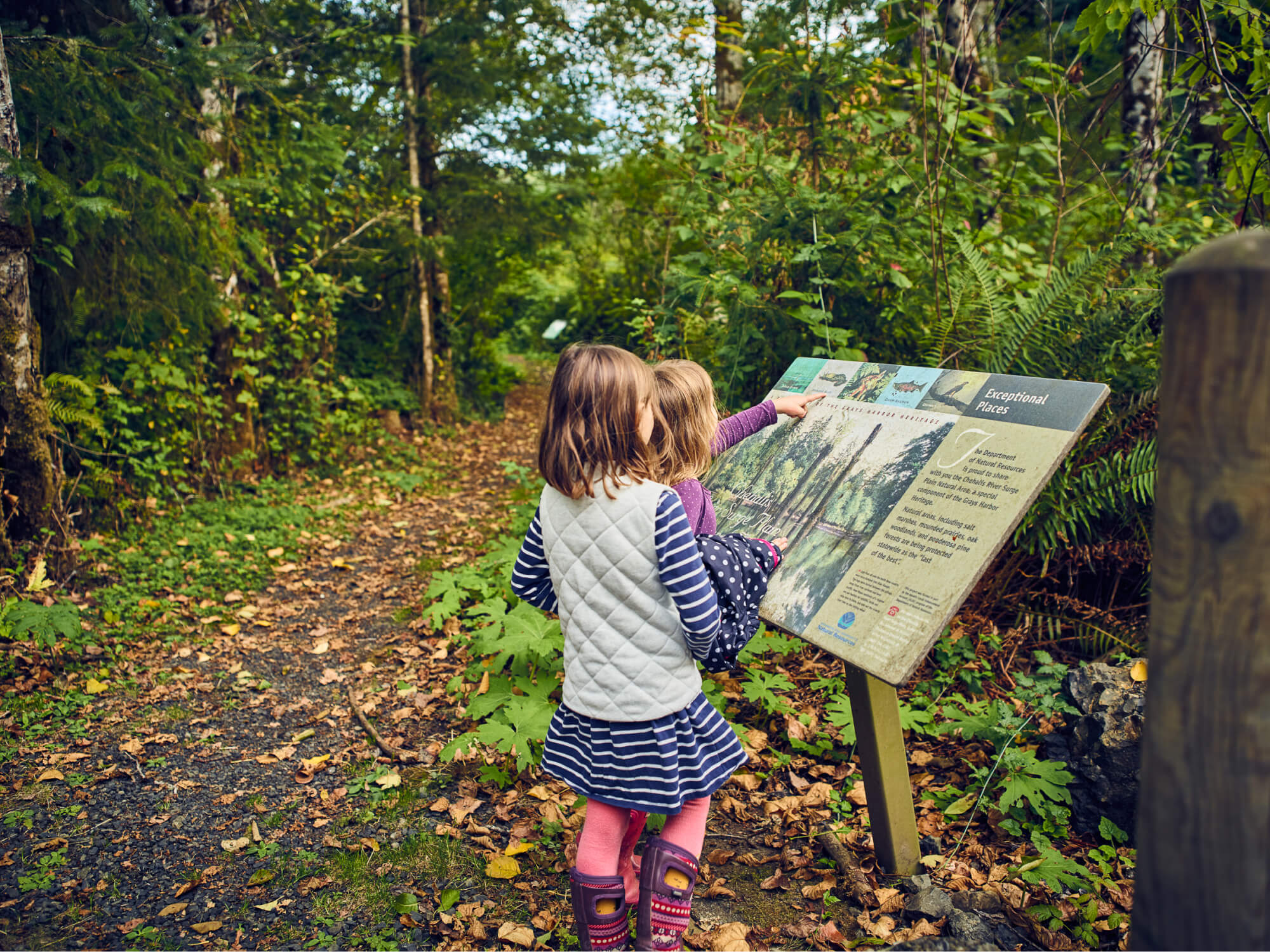LEWISTON, ID—A piece of the Northwest’s most
important habitat for bighorn sheep was protected this week, thanks to a
partnership between Western Rivers Conservancy and the Idaho Department of Fish
and Game.
On Wednesday, the partners
placed a conservation easement over the 2,920-acre Ten Mile Creek Ranch along
the Snake River. Western Rivers Conservancy then sold the protected ranch to a
private buyer who shares the partners’ conservation vision for the property.
The ranch’s steep breaks and sheer cliffs provide critical protection
for bighorn sheep, allowing them to easily escape predators in the rugged
terrain. Because of the ranch’s unique topography, between 50 and 80 percent of
Idaho’s northern Hells Canyon herd of Rocky Mountain bighorn sheep, which currently
number roughly 150 head, use this area. Importantly, the property provides secure
cliff habitat along the Snake River where ewes give birth and raise their
lambs.
The ranch spans four miles of the Snake River, a reach that
includes important spawning redds for Chinook salmon and migration habitat for spring
and fall Chinook, sockeye salmon and summer steelhead, all listed under the
Endangered Species Act.
“This is an extremely important stretch of the Snake River,
and we feel very proud of what we were able to accomplish for bighorns and
salmon through this partnership,” said Zach Spector, WRC’s project operations
director. “Thanks to the state of Idaho and the ranch’s new owner, we were able
to guarantee that a very special herd of bighorns will always have this place
for habitat and lambing.”
The property, which Western Rivers Conservancy purchased in 2018,
is located about 10 miles south of Lewiston, between Idaho’s Hells Gate State
Park, to the north, and the 78,000-acre Craig Mountain Wildlife Management Area
to the south.
“The Ten Mile Creek Ranch property is a great addition to enhance
the existing contiguous block of lands currently managed for fish and wildlife
habitat protection around Hells Canyon,” said Don Jenkins, regional wildlife habitat
manager for Idaho Department of Fish and Game. “We are excited to work with the
new landowner to preserve this rare pocket of Idaho for its irreplaceable
bighorn habitat and important salmon-spawning areas along the Snake River.”
Once abundant in Hells Canyon, Rocky Mountain bighorn sheep
have seen steady declines since the mid-1800s, largely due to disease and
habitat loss.
“Recovering bighorn sheep populations depends on protecting
places like Ten Mile Creek Ranch,” said Frances Cassirer, senior wildlife
research biologist for the Idaho Department of Fish and Game. “In addition to providing
habitat for lambs and access to the river, wild sheep need to be able to move
through country where they won’t be exposed to pathogens carried by domestic
sheep and goats that have decimated the species and continue to limit
population restoration. This project accomplishes exactly that.”
Conservation of Ten Mile Creek Ranch was made possible with
support from The Cross Charitable Foundation, Steele-Reese Foundation and the Wild
Sheep Foundation.
###
ABOUT THE PROJECT PARTNERS
Western Rivers
Conservancy acquires lands along rivers throughout the West to conserve
critical habitat and to create or improve public access for compatible use and
enjoyment. By cooperating with local agencies and organizations and by applying
decades of land acquisition experience, Western Rivers Conservancy secures the
health of whole ecosystems. Western Rivers Conservancy has protected hundreds
of miles of stream frontage on great western rivers, including the Rio Grande, Yampa,
John Day, Gunnison, Salmon, Snake, North Umpqua, Klamath and Madison Rivers. To
learn more, visit www.westernrivers.org
Idaho Department of Fish and Game’s mission is
to protect, preserve, perpetuate and manage Idaho’s wildlife resources. IDFG
works to sustain
Idaho’s fish and wildlife and the habitats upon which they depend; meet the
demand for hunting, fishing, trapping and other wildlife recreation; and improve
public understanding of, and involvement in, managing the state’s fish and
wildlife.

